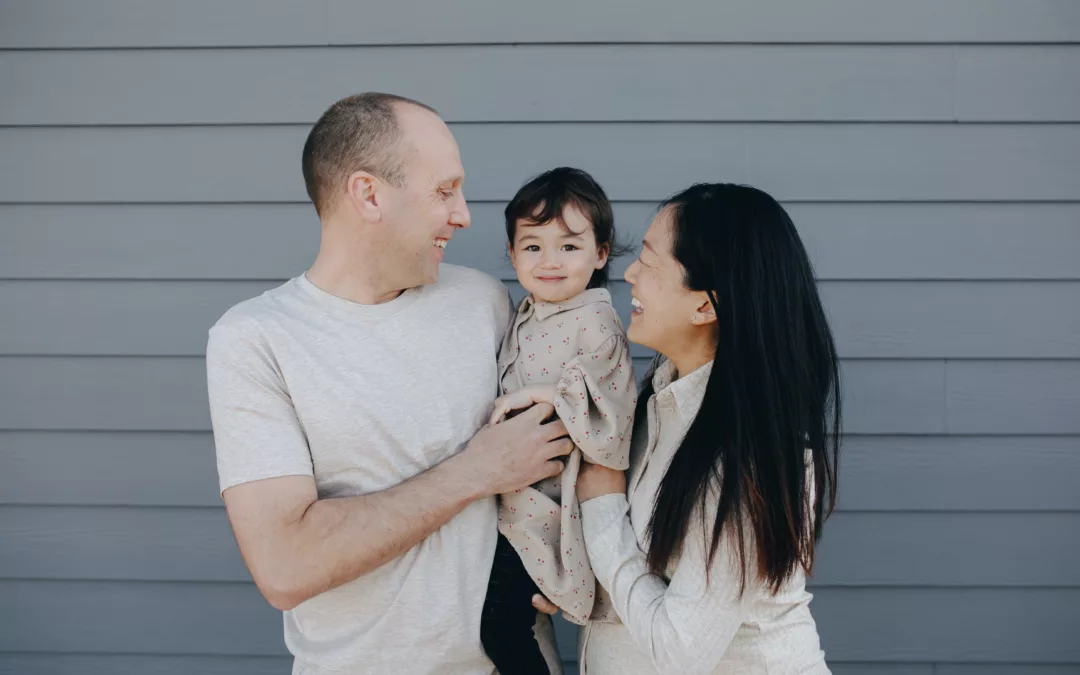The question of whether being a parent leads to greater happiness has intrigued researchers and individuals alike. The answer, it seems, is not straightforward and varies depending on different stages of parenting and personal desires. In this blog post, we will delve into the research findings to shed light on the complex relationship between parenting and happiness.
The Role of Parental Intentions
A meta-analysis conducted by Sonya Lyubomirsky, which examined multiple studies on parenting and happiness, concluded that parents who intentionally chose to become parents tend to experience slightly higher levels of happiness compared to non-parents. This suggests that the desire to become a parent plays a significant role in one’s overall happiness.
Happiness Levels and Childbirth
Research has shown that happiness levels change as individuals transition into parenthood. Initially, the birth of a first child can lead to a boost in happiness. However, subsequent children tend to result in declining happiness levels. The responsibilities and challenges that come with raising multiple children can contribute to this decline. Nonetheless, it is important to note that individual experiences may vary.
Finding Joy in Larger Families
While happiness may decline with each subsequent child for some parents, there is evidence to suggest that individuals with larger families experience more joy during mid-life. As parents reach a certain stage in their lives, having a bigger family can bring a sense of fulfillment, companionship, and increased support networks, leading to greater overall happiness.
The Importance of Supportive Relationships
Parenthood can be both rewarding and demanding, and having a strong support system plays a vital role in parental happiness. Friendships that provide practical help, emotional support, and opportunities for confiding and sharing experiences can significantly contribute to a parent’s overall well-being. Building and nurturing these supportive relationships is crucial for parental happiness.
The relationship between parenting and happiness is nuanced and depends on various factors. While intentional parenthood and the birth of a first child may initially bring a sense of joy and fulfillment, subsequent children can lead to declining happiness levels for some individuals. However, those with larger families may find increased happiness during mid-life.
Importantly, the presence of supportive relationships and a strong support system can greatly impact a parent’s overall well-being and happiness. Ultimately, the decision to become a parent and the subsequent experiences are unique to each individual. It is essential to consider personal desires, circumstances, and the availability of supportive networks when reflecting on the connection between parenting and happiness. Are you struggling as a parent? We are here to help.
If you and your partner are looking for additional support in your relationship my associates and I are accepting new clients. Please feel free to call 818.851.1293 to learn more.


